Medical College of Wisconsin Neuroradiology Fellowship Program
Currently Accepting Applications for Fellowship Starting 2026-2027
Overview
The Neuroradiology Fellowship with the Medical College of Wisconsin Affiliated Hospitals (MCWAH) is a one-year, ACGME-accredited program that offers comprehensive training in the translation of advanced neuroimaging techniques to the everyday practice of neuroradiology.
- Exceptional Clinical Application Exposure - This program is highly respected as one of the country’s leaders in the clinical application of fMRI, DTI, MR perfusion, Radial diffusivity, ASL, Segmental brain volume analysis, and Simultaneous integration of the techniques for regional and whole brain analysis.
- Cutting Edge Technologies - Fellows have access to commercial and proprietary cutting edge technologies from close ties to industry leaders and in-house biomedical research.
- Experienced Faculty Dedicated to Teaching
- Diverse Clinical Pathology – Technology and training combined with the diverse clinical pathology of a major metropolitan area prepares fellows to function at the forefront of any academic or private practice environment.
Our fellowship is carefully designed with a formal education structure:
- Elevated Experience – Emphasis on a deeper level of understanding of neuroradiology that exceeds the residency experience and what can be gleaned from mere quantitative case exposure.
- Active Learning Methods - The department is proactive in faculty development of modern educational techniques.
Program Leadership
Three individuals guide the neuroradiology fellowship:
- Mohit Agarwal, MD, Program Director and Associate Section Chief, emphasis on Head and Neck Imaging, Dementia imaging, fMRI and Advanced Neuroimaging
- Andrew Klein, MD, Associate Fellowship Director, Section Chief of Neuroradiology
- Darren O'Neill, MD, Associate Fellowship Director; Vice-Chair of Clinical Operations, Diagnostic Imaging Services; emphasis on MRI
Fourteen additional neuroradiologists contribute to fellowship training:
- Saad Ali, MD
- Ryan Beck, MD
- Casey Bishop, MD
- Partick Budny, MD
- Douglas Davis, MD
- Daniel Destiche, MD
- Gianna DiGrazia, DO
- Zaneta Dymon, DO
- Sonia Gill, MD, emphasis on head and neck imaging
- John Hamer, MD
- Christopher Kleefisch, MD
- Vincent Mathews, MD
- David Polinger-Hyman, MD
- James Strottmann, MD, emphasis on CT perfusion
Clinical Experience
The Fellowship is designed to provide extensive clinical experience in interpretation of MR spectroscopy, fMRI, diffusion tensor imaging and tractography, perfusion/blood volume imaging, CT/PET imaging, neuro-interventional procedures, dementia and biomarker imaging, in addition to conventional neuroradiology imaging studies.
Fellows receive ten weeks of training in each of these areas:
- Brain and Spine MR
- Brain and Spine CT
- Vascular Neuroradiology & Myelography/Degenerative Spine Imaging
The fellows' rotation schedule is constructed in an ongoing cycle throughout the fellowship year:
- Brain, Head and Neck, Spine MR, Spine CT, and Vascular Neuroradiology and Myelography/Degenerative Spine Imaging with a provision for academic time.
The design of the reading room environment and PACS system forces inter-modality imaging correlation, providing even greater exposure to cases. Each fellow has a four-week rotation of Pediatric Neuroradiology at Children’s Hospital of Wisconsin. Fellows also complete a six-week rotation of Adult Interventional Neuroradiology at Froedtert, to gain experience in catheter-based angiography.
The Froedtert Neurosciences Research Center provides a major infusion of patients with challenging diagnostic problems. Weekly neuroscience conferences bring together neuroradiologists, neurologists, neurosurgeons, neuropathologists and radiation oncologists to discuss various aspects of neuro diagnosis and therapy.
State-of-the-art Equipment and Technology
Imaging facilities include:
- Six state-of-the-art Helical CT
- Six MR scanners on site, with access to an experimental 1.5 and 3.0T imager
- Three up-to-date Digital Angiography Suites, and a Biplane Neuroangiography Suite with 3D Rotational Angiography
- State-of-the-art GE as well as Siemens CT (Somatom Plus) and MR (1.5T)
Research and Teaching Opportunities
Research Opportunities
Fellows have significant opportunities to develop research project(s) in functional imaging, neuropathology, and/or neuroanatomy under the guidance of faculty with diverse research interests. Each fellow is mentored by one or more of the neuroradiology faculty, which provides a wealth of research and publication experience. The Neuroradiology Section overall submits between 10 and 20 manuscripts and/or abstracts per academic year, frequently receiving acceptances and awards.
Teaching Opportunities
Fellows have responsibility for teaching both radiology and non-radiology residents image protocoling, interpretation, and report generation. The fellows review special procedures, and CT and MR examinations with residents and medical students prior to staff read-out sessions. Fellows will also explain imaging procedures to medical students rotating through the service.
Additionally, each fellow is provided opportunities to present case conferences for residents and medical students throughout the fellowship year.
Bi-weekly Lecture Series Dedicated to Fellows
Topics include:
- Advanced imaging
- Basic neuroscience and targeted neuroradiologic lectures that explore brain structure and function
- Brain cutting sessions with the neuropathologist
- Unique dedicated neuroradiologic M&M conferences that explore the sources and reasons for errors.
Neuroradiologic Teaching File - Fellows are contributors to a teaching file database promoting active learning and providing an extensive learning resource.
Interdepartmental Conferences - Fellows are encouraged to attend the many interdepartmental conferences that focus on brain tumors, epilepsy, and head and neck pathology, including a CPC (clinicopathologic conference), and neurology grand rounds.
Past Fellow Survey Results Awards Recognition
- A consistently high degree of satisfaction with their neuroradiology fellowship experience at the Medical College of Wisconsin;
- They uniformly felt well prepared for whatever practice environment they encountered post training; and
- Appreciation and gratitude for the unique and stimulating MCW neuroradiology learning environment that would be hard to replicate or find elsewhere.
- The Department of Radiology was designated a “Diagnostic Imaging Center of Excellence” by the American College of Radiology. This was the first such award in the Midwest and one of eight initial awards.
- Froedtert is consistently voted one of the best places to work in Wisconsin, year-in and year-out.
- Our department is a friendly, stable department, with little turnover at both the professional and staff level.
MCWAH Benefits, Conditions & Terms of Employment
Eligibility and Application
Currently accepting applications for 2026-2027
Eligibility
- Candidates must have satisfactorily completed a diagnostic radiology residency program accredited by the ACGME, the RCPSC, or an AOA diagnostic radiology program in ACGME pre-accreditation status.
- Candidates must be American Board of Radiology (ABR) eligible.
- Candidates must be eligible to obtain licensure to practice medicine in the State of Wisconsin. A valid license to practice medicine in the State of Wisconsin must be obtained prior to the start the fellowship year.
- Each Academic Interview Year begins according to the National Residency Matching Program (NRMP) schedule for Radiology Fellowships.
- Candidates are required to register with NRMP for the SMS Neuroradiology Fellowship Match.
Application Documents
Applications for 2025-2026 are accepted through the Electronic Residency Application Service (ERAS). The program participates in the National Resident Matching Program (NRMP).
To apply for Academic Year 2024-2025, please send your CV, LORs and Scores to Alan Pierce at apierce@mcw.edu.
Contact Information
Alan Pierce, Education Program Coordinator III
Department of Radiology
Neuroradiology Fellowship Program
apierce@mcw.edu
Medical College of Wisconsin
9200 W. Wisconsin Ave.
Milwaukee, WI 53226
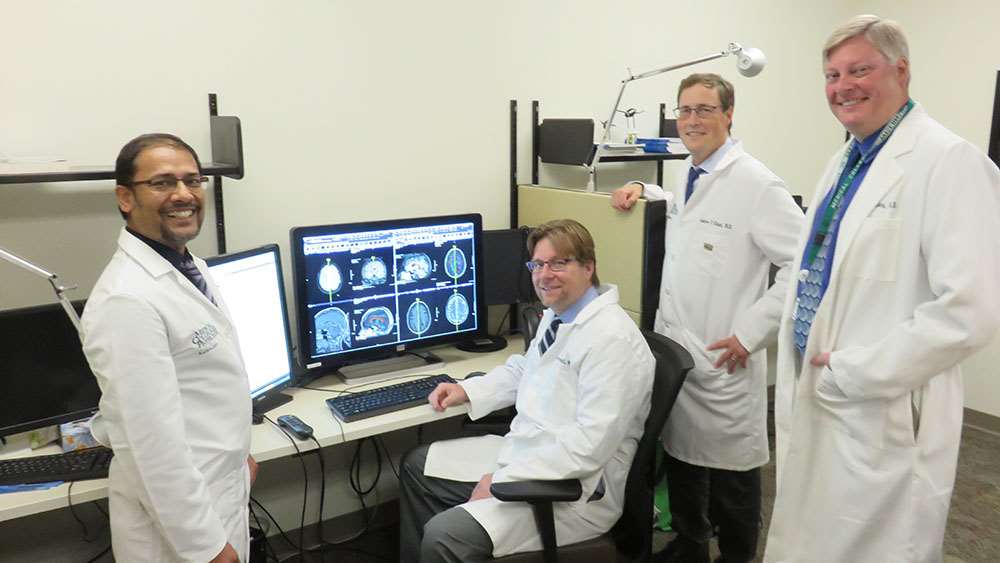
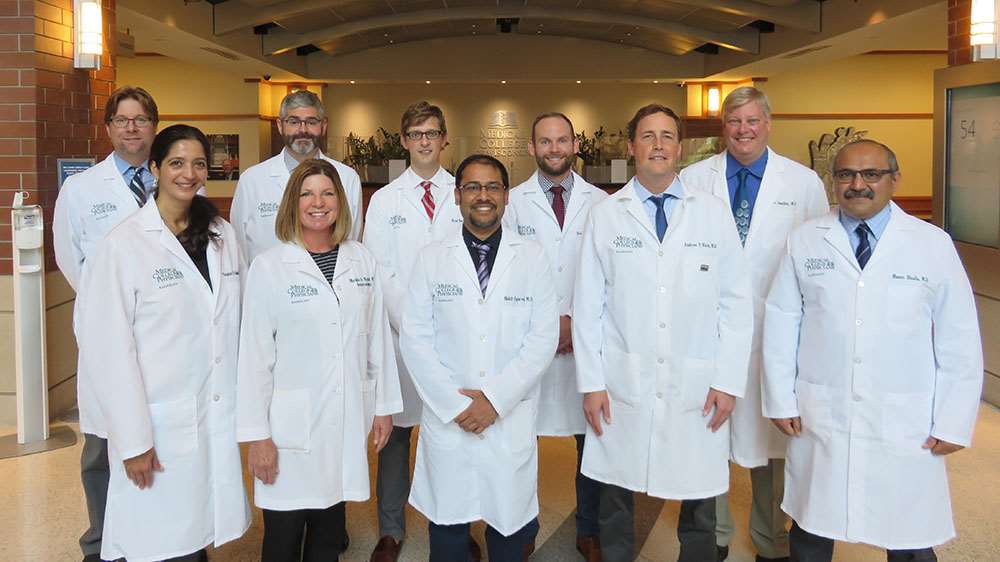
MCW Neuroradiology Fellowship: from our Fellows
Fun part of being at MCW Neuroradiology
Hear from Neuroradiology alumni Dr. Kristin Joachim
Hear from Neuroradiology alumni Dr. Elton Mustafaraj
Why MCW?
People and Programs of MCW Radiology
Meet Our Faculty
Why MCW?
Meet Our Fellows
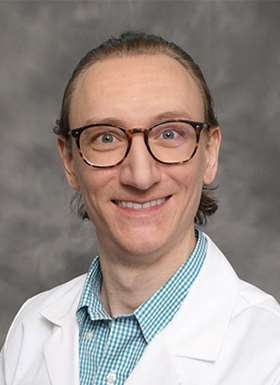
Ryan Brooks, DO
Neuroradiology Fellow
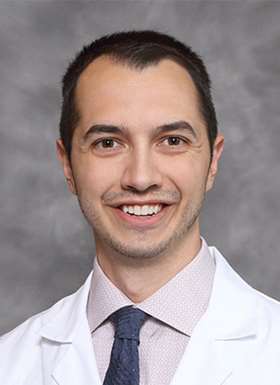
Daniel Cibich, MD
Neuroradiology Fellow
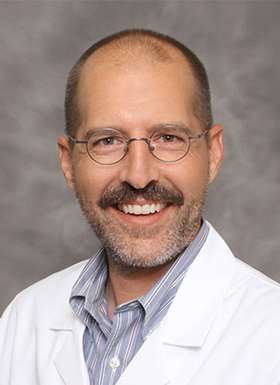
Jon Conatser, DO
Neuroradiology Fellow
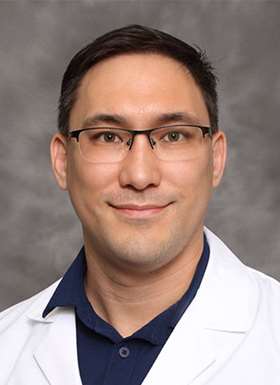
Matthew Rappelt, MD
Neuroradiology Fellow
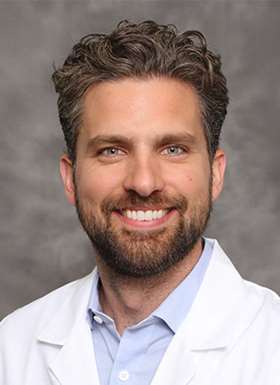
Jordan Soutas, DO
Neuroradiology Fellow
Reasons to live in Milwaukee
Contact Us
Alan Pierce
Education Program Coordinator III
Department of Radiology
MCW & Froedtert Hospital
9200 W. Wisconsin Ave.
Milwaukee, WI 53226
(414) 955-1182

